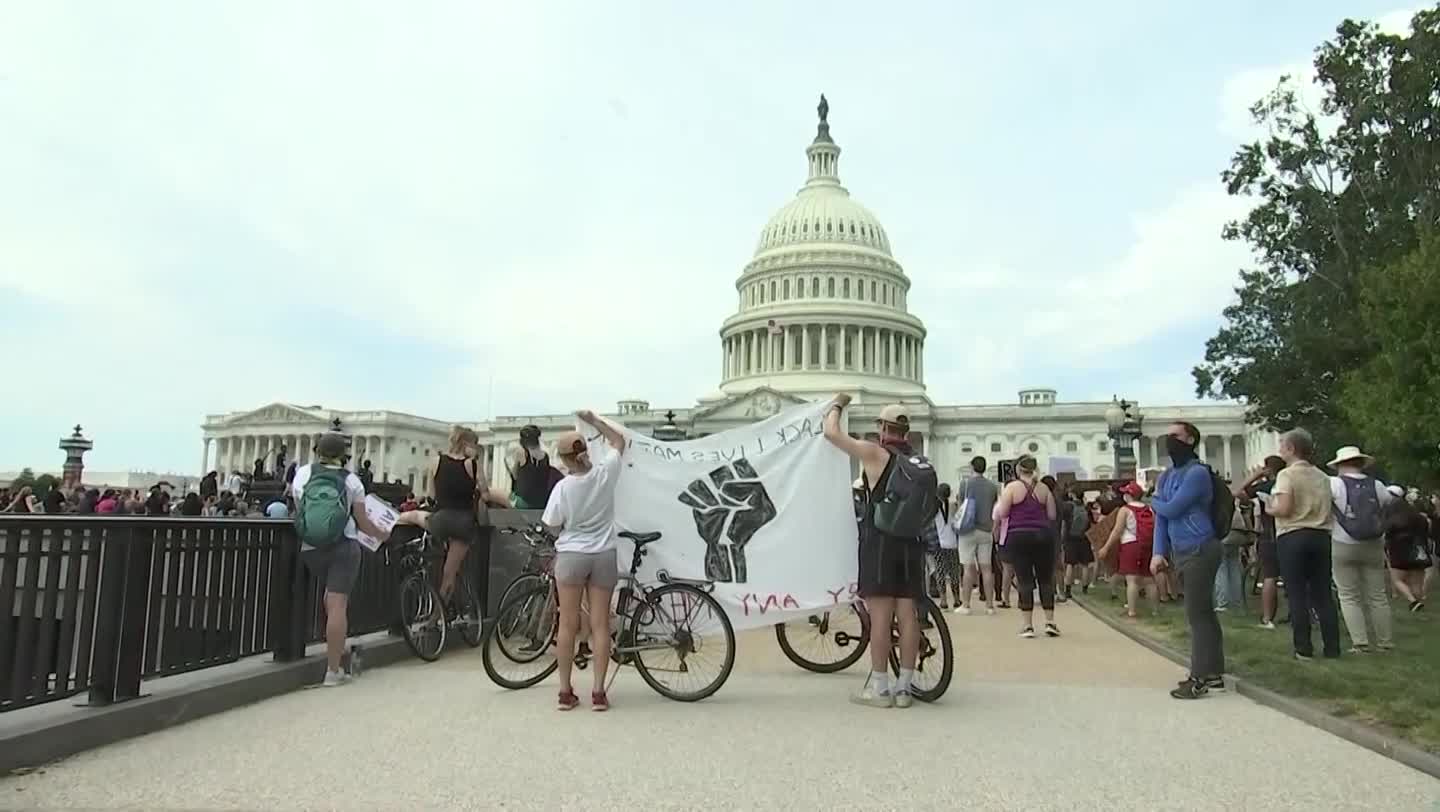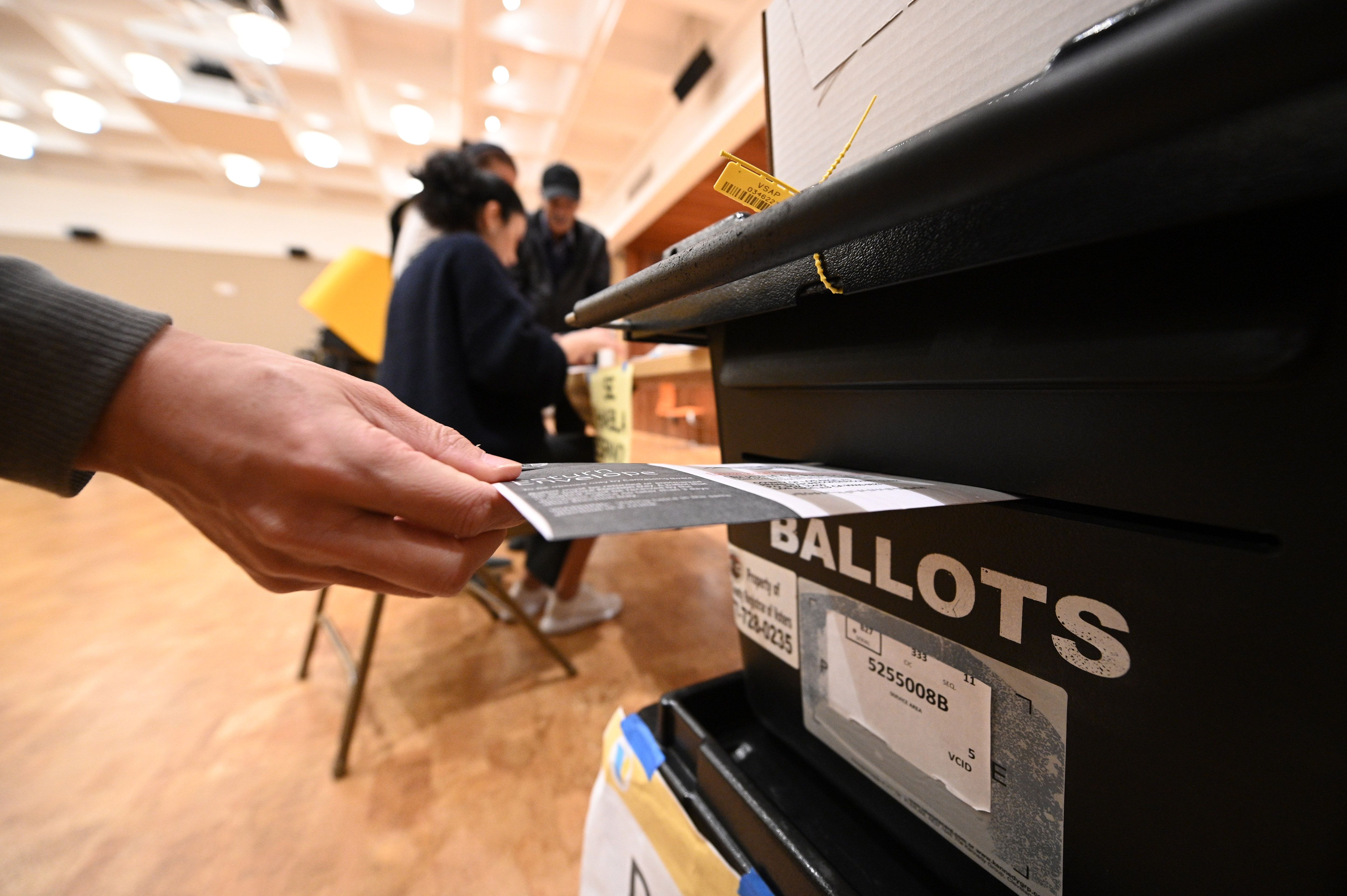It’s interesting for Central Oklahoma to hear parts of the state are still under severe drought conditions but cities like Cordell only got a couple of inches of rain.
Oklahoma City received 15 inches just in the month of May.
“If you go 20 miles closer to the city they’ve had a lot rain,” wheat farmer Jared Wedel said. “But we’ve been kind of dry out here. We’ve had a few little sprinkles but we’re hoping for some rain pretty quickly.”
The two extremes are affecting wheat farmers across the state. Jared Wedel of Wedel Family Farms says although the rain is a welcome relief to farmers located in central parts o the state, that downpour actually came too late.
“They’re going to have a little bit less wheat than we will but the price is high everywhere,” Wedel said. “Even though they have less bushels to harvest everybody kind of has insurance now a days and even with less bushels harvested they will still have a pretty decent price.”
He is still optimistic the entire state will be in pretty good shape.
“I think everybody will do OK this year,” Wedel said. “It’s not as good as it has been in the past but it’s a lot better than it has been also so we’re kind of running a mediocre crop this year.
Wheat harvesting started today at Wedel Family farms.
The severe and exceptional drought conditions have farmers in southwestern Oklahoma keeping a close eye on the crops’ moisture levels before they start cutting.
“Old folks can nibble on it and tell you exactly what the moisture is,” Wedel said. “I’m not that old and experienced yet so we have to take a little coffee can into the co-op and have them run it through their tester and then see what it measures up to.”
Farmers plan their summers around harvesting.
This season, they are starting almost a month behind because of an abnormal winter and spring.
“We plan on cutting the first of June and last year we were cutting about the 17 or 18 of May,” Wedel said. “This year we’re not getting started until the 10.”
Despite the drought and unusual weather, experts don’t predict a spike in prices at the grocery store.
“Just the lack thereof of the corn and wheat obviously it’s supply and demand,” said Wedel. “The price is going to be a little bit higher. Due to the fact the price is going to be a little bit higher compared to last year we’re still going to be okay.
Even with less bushels harvested, one African country keeps coming back for a very specific type of wheat.
African Director of U.S. Wheat, Gerald Theus says the best quality is right here in Oklahoma, no matter what the conditions are.
They fly in every year to put in an order directly with the producer.
“Nigeria is the largest importer of hard red winter wheat outside the United States,” said Theus. “They could probably take the entire production of Oklahoma and Kansas together.”
The Nigerian trade group wasn’t fazed when we told them about Oklahoma’s drought conditions.
They were positive the wheat farmers would deliver.




